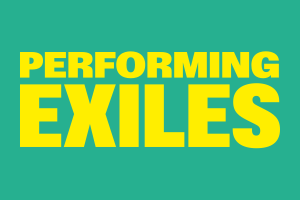
Thomas Adès
There are three essential features that distinguish the individual character of works by British composer Thomas Adès (*1971). First of all, his pieces are deeply rooted in the music-historical tradition from the 18th to the 20th century and draw their strength from this reference without ever crudely invoking historical styles. Furthermore, Adès positions himself firmly within contemporary music with his masterful command of its devices and techniques, while dissociating himself from an experimental avant-garde. And finally, his works are marked by a certain wit and a brilliantly playful attitude that is rarely found in the music of our present times.
Adès was bom in London and trained at the Guildhall School of Music and Drama as well as at King’s College in Cambridge, where his teachers included Alexander Goehr and Robin Halloway. Having initially planned to pursue a career as a pianist, Adés soon gave preference to his composition studies, which brought him unusual success at a very early stage. Thus, his Chamber Symphony Op. 2, written at the age of only 19 as a productive exploration of Schönberg’s Chamber Symphony, was already performed by the BBC Symphony Orchestra in 1993. In the same year, a cooperation between Thomas Adès and the Hallé Orchestra in Manchester began, which was followed by numerous commissioned compositions for renowned orchestras and ensembles. Today, Adès has become one of the most frequently performed composers of our times with stage works like the chamber opera “Powder her Face” (1995) and “The Tempest” (2003), based on Shakespeare, as well as with large-scale orchestral works and solo concerts. Furthermore, Thomas Adès regularly conducts major international orchestras and uses this as an opportunity to champion the works of his fellow composers.
As of June 2022.
